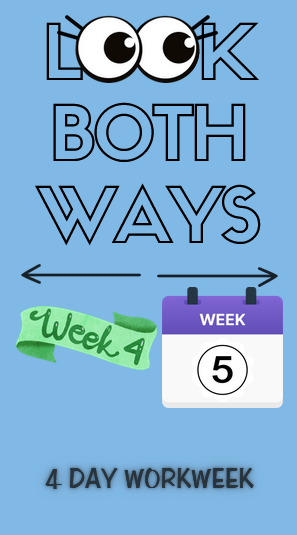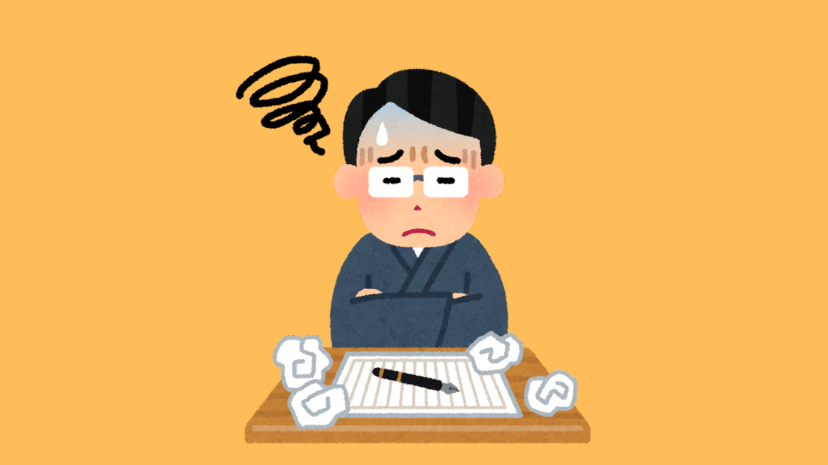Supports four-day workweek
By: Byrdie Seda, Opinion Columnist
Burnout is a common and real thing that often stems from being overworked and overstimulated. Many people become depressed from the rough routine of their life, feeling as if they have no time for themselves or their family.
Some say the balance between work and life is nearly impossible. One way to fix this balance is by switching to a four-day workweek instead of the traditional five.
There are different methods adopted when adjusting to the four-day workweek model: Some workplaces reduce the amount of hours that people work by one day without reducing the pay, while some condense the 40-hour workweek into 4 days.
Regardless of which method a workplace chooses, allowing people just one extra day off to relax, spend time with their family or get important housework done can greatly improve the work ethic and mental health of employees.
This is not the only benefit of four-day workweeks. The amount of time commuting to work for those who only have to go to work for four days is lower by 27%, meaning less carbon emissions from the pollution of using a motor vehicle to commute, assuming most people do.
With the way the environment is deteriorating already, it’s important to do everything we can to protect what’s left of it, and reducing our carbon footprint is a good way of doing that.
Surprisingly, with both models of the four-day workweek, productivity among employees increased and the business was able to grow more. This is because employees feel more motivated and energized to work when they have a sufficient amount of time to enjoy their lives.
People deserve to have a life outside of work, and it can be very difficult to do so if we are only provided with two days a week to take care of personal things. The four-day workweek model fixes many issues that people face in the workforce without compromising the growth of a company. It is clear that implementing it into every business would benefit everyone.
Against four-day workweek
By: Kahlil Kambui, Opinion Editor
Currently in the U.S. the five-day workweek is the status quo with people expected to work 40 hours. While it sounds nice to have a four-day workweek, it is not realistic.
The five-day workweek was established in the passage of the Fair Labor Standards Act in 1938, according to the U.S. Department of Labor. It helped give American workers shorter hours and better wages. According to the law, the maximum workweek is 44 hours.
I think changing a law like this, especially under an administration like President Donald Trump’s, is not feasible.
Ask yourself, while it does seem good, how does the four-day workweek monetarily benefit you? How many hours one works is not the real issue plaguing Americans but the inability to find work and afford goods such as groceries.
While there may be some pros as a boost in moral and job satisfaction, studies from the American Psychological Association saw that there were risks such as scheduling problems, more intense performance and monitoring measures, and a risk of benefits fading over time with the four-day workweek.
Instead of switching to a four-day work system, finding a way to balance work and life will make you happier.
Tips such as talking to your employer about schedule flexibility and setting manageable goals at work can help make that work-life balance. Setting time aside for yourself on your days off is another way you can manage your mental health, according to Mental Health America.
Cramming 40 hours into four days to keep the consistent amount of pay you were previously accustomed to is not realistic and sounds more stressful.
A four-day workweek is not the solution to better work-life balance but a bandage to the many wounds our country has: Unfair wages, rising cost of goods in the U.S. and the rising cost of homes as well.
Changing how many days you work in a week won’t fix anything. Instead, rallying for fairer wages and the ability to afford goods in the U.S. will bring a change far greater than shorter working days.
















